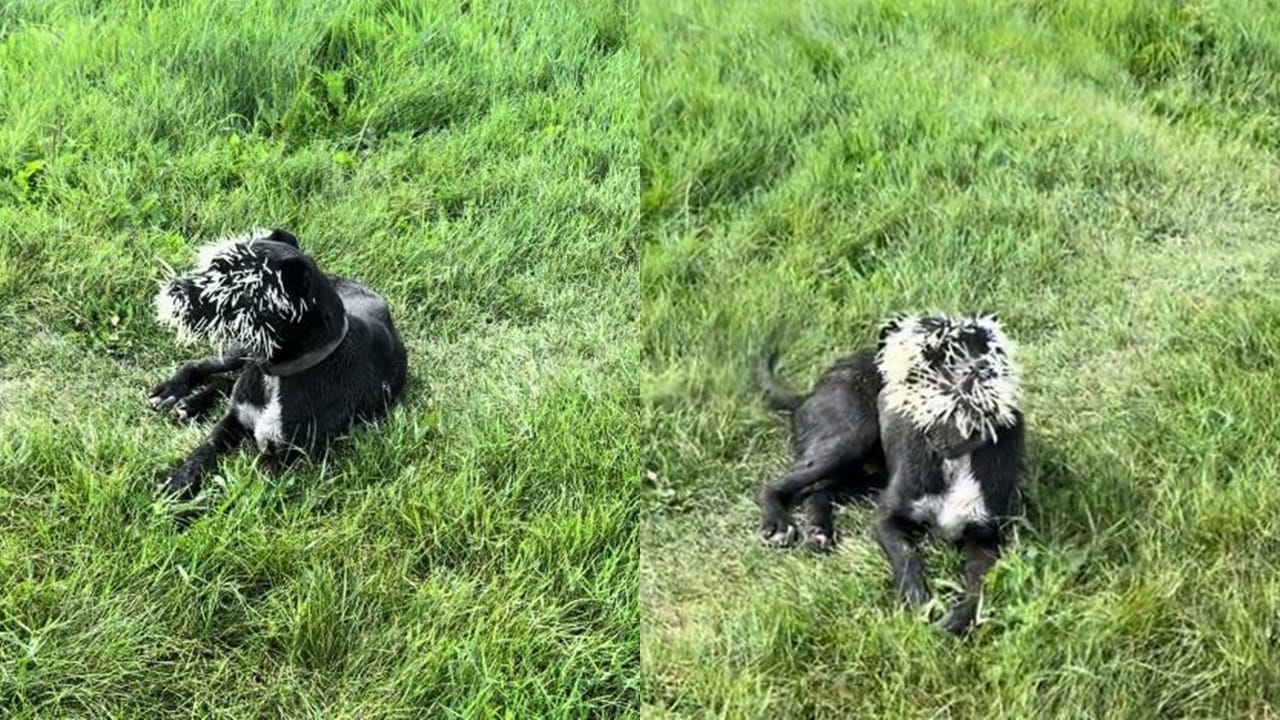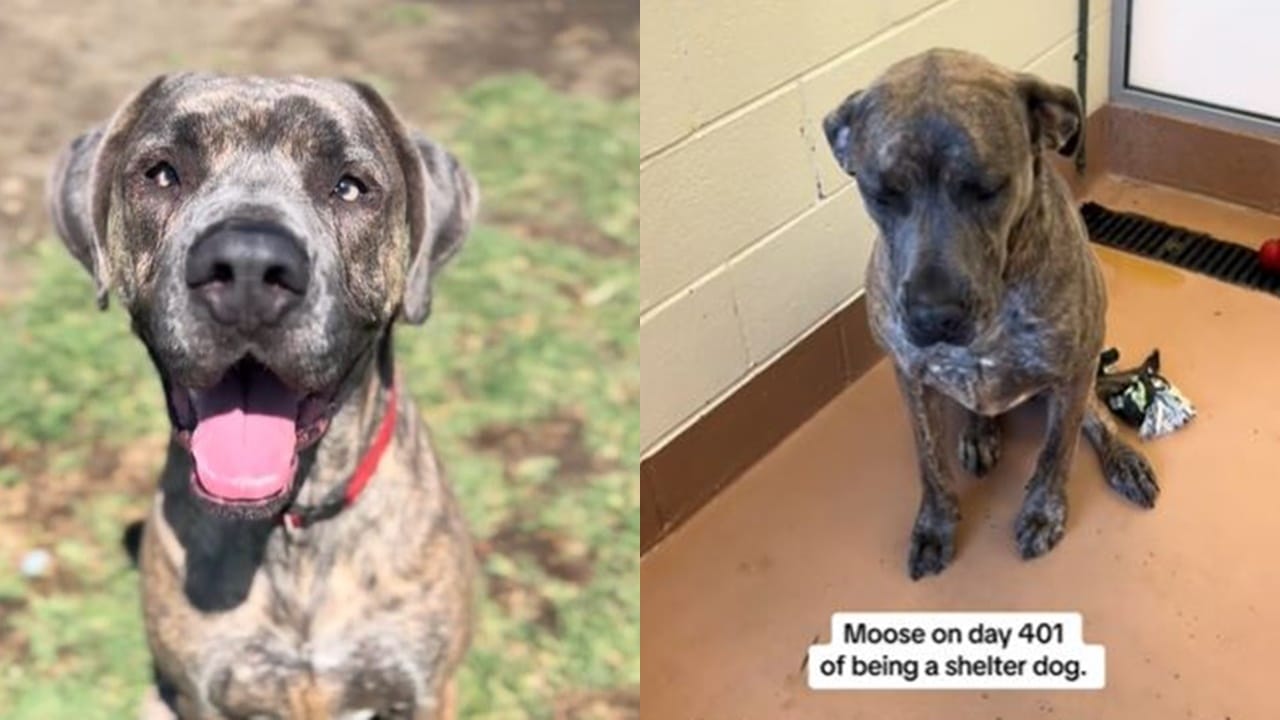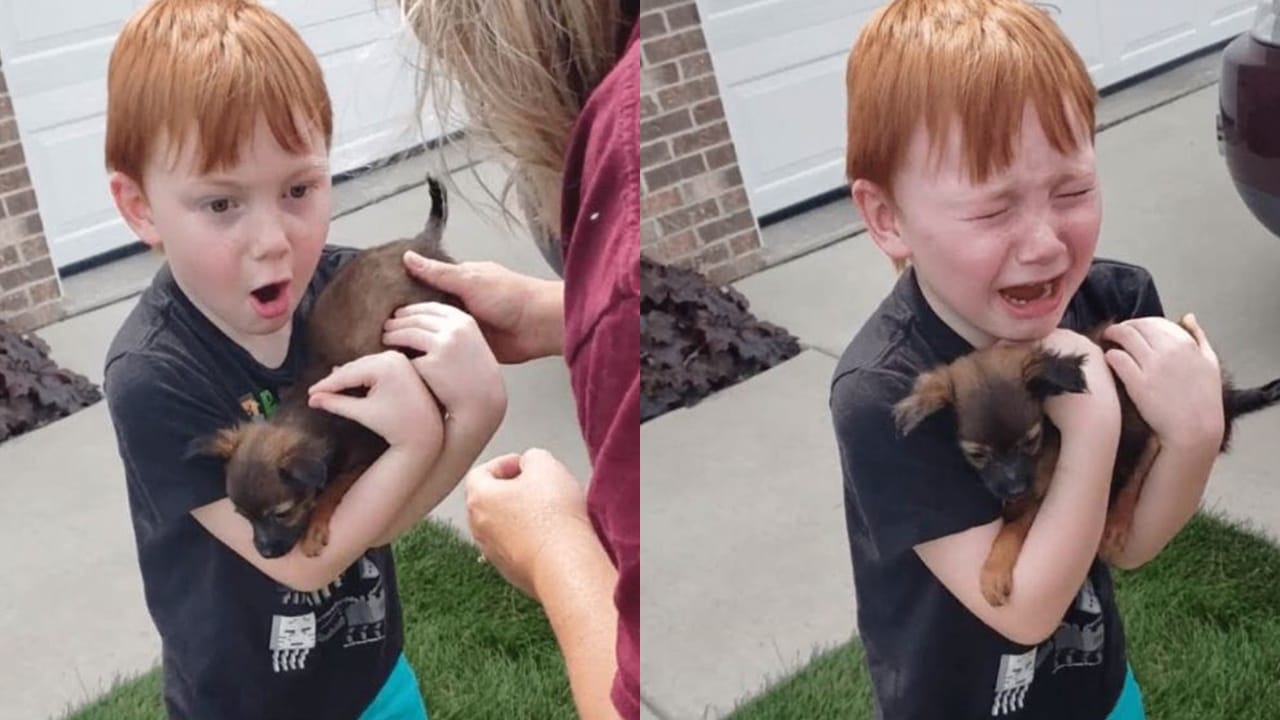On social media, a story about Wally, the emotional support alligator who helps his owner overcome depression, gained attention.
On Facebook, Wally, the emotional support alligator, became an inspiration as his story spread widely after transforming his owner’s life
We often think of dogs as the typical emotional support animals, but have you ever heard of an alligator serving this role?

Henney shared how Wally, an Joie Henney’s emotional support animal is Wally, an alligator, which has stirred online interest. Image Credits: @Joie Henney / Facebooksupport alligator, has significantly impacted his life. This story might change your perception of alligators
Despite some controversy, Henney is eager to share how Wally differs from typical alligators.
Wally’s journey from Disney world to emotional support
Wally was rescued as a baby from a pond in Disney World, Florida.
While many might assume that relocating him to the wild would be ideal, Florida law mandates that such alligators either be euthanized or placed into captivity.

In 2015, Joie Henney, a seasoned reptile rescuer and alligator expert, decided to adopt Wally.
Pennsylvania, where Henney resides, permits the ownership of alligators with appropriate licenses.
Wally has gentle nature.
Most alligators instinctively bite when approached, but Wally has never shown aggression.
As Henney’s described, Wally exhibited an unusually calm demeanor. He even noted that Wally is the first alligator he has encountered that lacks aggressive tendencies.
Henney can even place his hand in Wally’s mouth to rub his tongue without fear of being bitten.

“He doesn’t show anger. He doesn’t show aggression. He hasn’t since the day he was caught. We never could understand why,” Henney shared. “He’s just loveable. He sleeps with me, steals my pillows, steals my blankets. He’s just awesome.”
Despite being unable to explain Wally’s gentle nature, Henney advises against keeping alligators as pets. He noted that not all alligators share Wally’s friendly temperament.
Wally’s impact on Henney’s life as an emotional support animal
In 2019, Henney secured a license that designated Wally as an emotional support animal.

Since then, Wally has played a crucial role in helping Henney cope with cancer treatments and depression.
Henney, who was prescribed antidepressants, decided to rely on Wally instead. He credited the alligator with aiding his recovery and improving his mental health.
As an emotional support animal, Wally accompanies Henney nearly everywhere.
However, some establishments, including a few restaurants and Citizens Bank Park in Philadelphia, have refused his entry due to concerns about salmonella.
Wally’s mission: Education and inspiration
Henney is adamant that he does not endorse alligators as suitable pets for the general public.

Instead, he uses Wally for educational visits to schools and senior centers. His goal is to illustrate the importance of kindness and the impact of positive interactions.
Henney hopes that Wally’s story will inspire others to bring joy and compassion into their own lives.
However, many user also discuss using Wally or crocodile as emotion supported.
Many people express concern about safety when using a crocodile as an emotional support animal. They suggest that crocodiles have a tendency to be wild and can pose a threat to humans at any time.
However, many also praise Wally’s mission and suggest that his story of emotional support shows that wild animals can also have warm hearts.
On person said: I will be praying for WallyGator safe return, Joie my friend!
A second wrote: This makes me so angry. I hope he is found safe. I am so sorry Joie!
While a third commented: Imagine surving mass extinctions to become a certified emotional support animal that likes to cuddle
Someone else said: Most incredible thing is that a human can say the phrase “federally-licensed emotional support alligator” with a straight face.

Additionally, wildlife experts and animal welfare organizations frequently advocate against keeping wild animals as exotic pets, including alligators.
Concerns include the frequent abandonment of such animals when they outgrow their owners’ ability to care for them.
Additionally, thers is the potential risk of disease outbreaks, such as salmonella.








